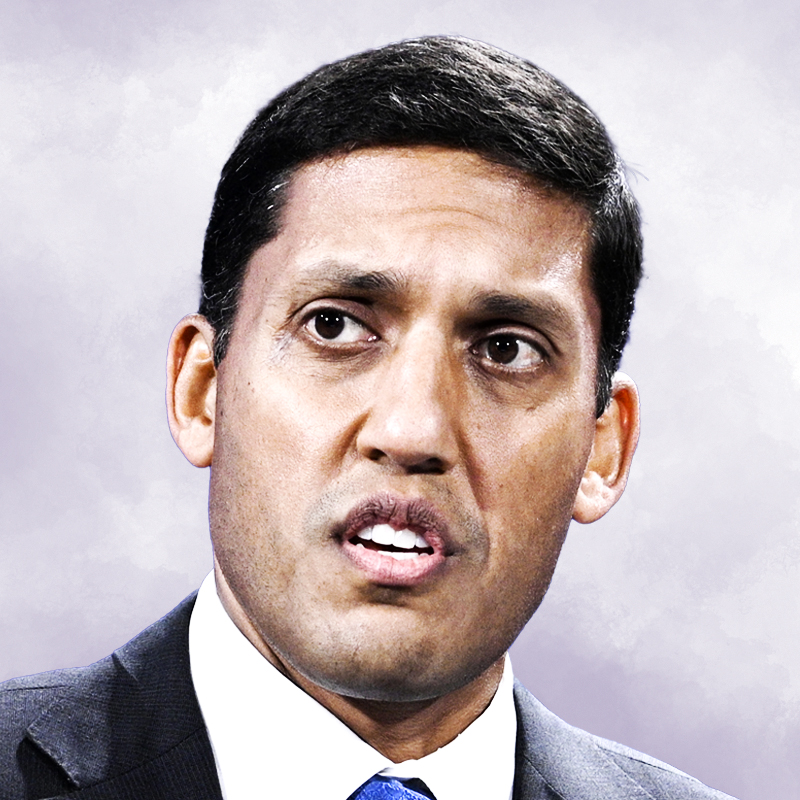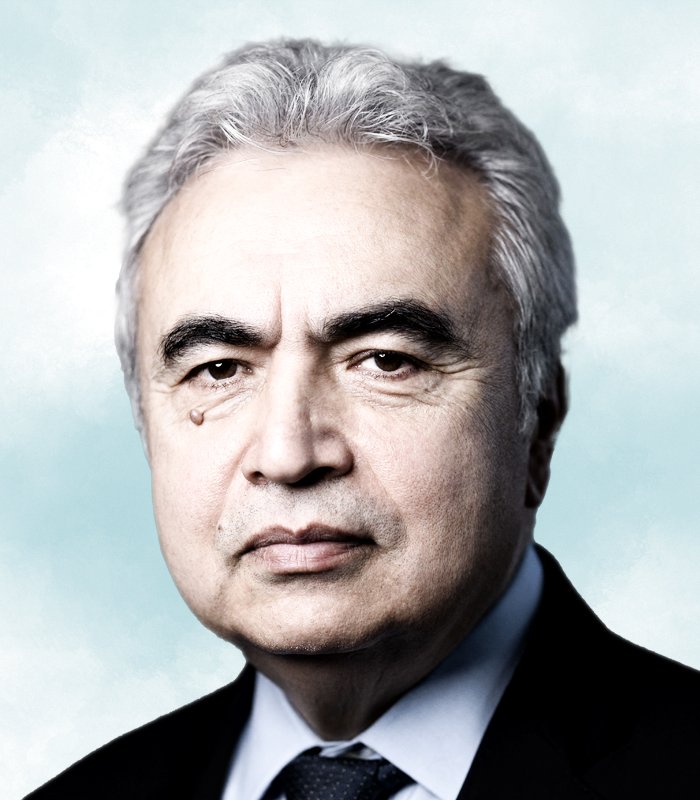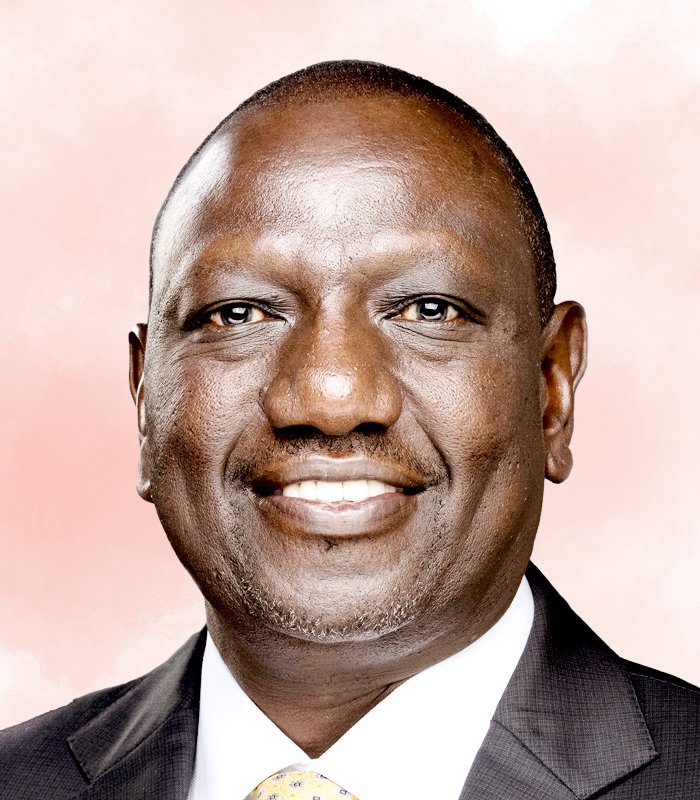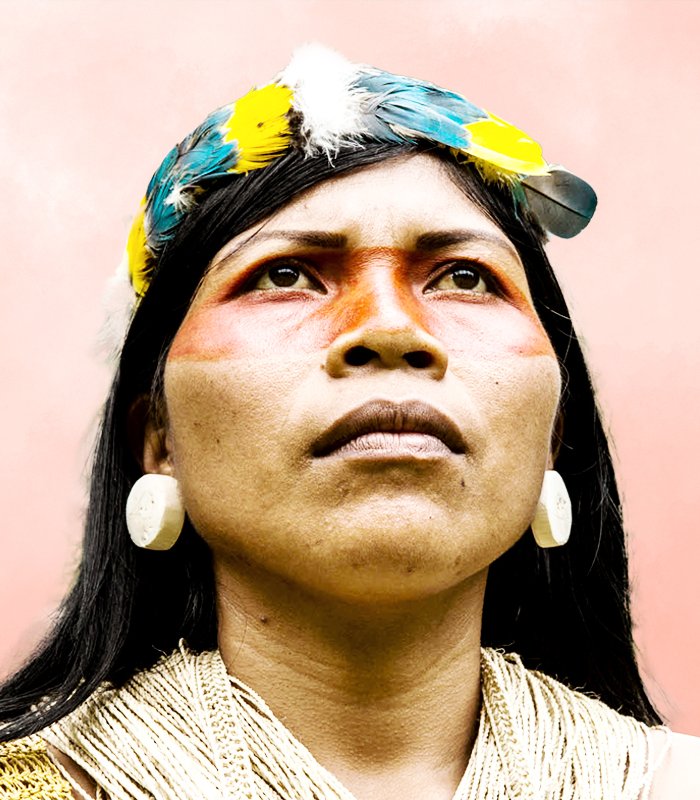Rajiv J. Shah is president of The Rockefeller Foundation, which now works to ensure that all initiatives and investment strategies are focused through a climate lens. This year, the Rockefeller Foundation partnered with the Global Energy Alliance for People and Planet to launch the Coal to Clean Credit Initiative. The aim is to develop a new carbon finance standard to spur a just transition away from coal-fired power plants to renewable energy in emerging economies.
What sustainability effort do you hope will gain popularity with the general public this year, and why?
675 million people live without electricity and, as a result, are poorer and less healthy, productive, and safe. If they connect to power with fossil fuels, like diesel generators or coal, it will trigger a climate catastrophe: the countries where these people live could contribute 75% of emissions by 2050. Unfortunately, over the past two decades, just 2% of global investments in renewable energy went to Africa, even though it holds 60% of the world’s solar potential. If we expand access to renewable electricity, we could not only help millions of people build better lives, we could also avoid catastrophe.
Where should climate activism go in the next year?
Many activists are rightly focused on lowering emissions, but too little attention is paid to improving people’s lives, especially the vulnerable people most impacted by climate change. Only by making the climate project an avenue for human progress—particularly for those who have traditionally been left behind—will it ever build the global support needed for real impact. This will require more people-centered climate action and transformations to global energy, health, agriculture, and finance systems that can slow climate change while empowering people, improving their access to good food and quality health care, and connecting them to the modern economy.
What’s the most important climate legislation that could pass in the next year?
Wealthy countries not only need to fulfill the climate commitments they made to lower-income countries, but also go beyond those commitments. In 2009, high-income countries pledged to deliver $100 billion per year by 2020 to developing countries for mitigation and adaptation measures. They fell $16.7 billion short of that pledge in 2020 alone.
In total, the world has only marshaled 16% of the financing necessary to reverse the climate crisis, with countries in Africa and the Middle East having the largest unmet needs. In addition to finally keeping their promises, advanced economies must also commit to closing climate financing gaps.
- Cybersecurity Experts Are Sounding the Alarm on DOGE
- Meet the 2025 Women of the Year
- The Harsh Truth About Disability Inclusion
- Why Do More Young Adults Have Cancer?
- Colman Domingo Leads With Radical Love
- How to Get Better at Doing Things Alone
- Michelle Zauner Stares Down the Darkness





